HINDUTVA
The romantic history of almost all books by Veer Savarkar apart from the originality and excellence of their subject and style, does in itself entitle them to get prominently featured in the world classics.
The history of this book on “Hindutva” also does not form an exception to this general statement.
(1) It was during his stay from 1906 to 1910 in England that the attention of Veer Savarkarji was drawn pointedly to the question as to who can by precisely called a ‘Hindu’. There was a perfect chaos raging in India at that time as regards this problem which owing to the controversy in connection with communal representation assumed an acutely Political aspect. The Arya-Samajists, the Sikhs, the Brahmos, the Jains, and several other important constituents which composed and formed along with the Sanatanists the great Hindu community were some times counted as Hindus and at other times as non-Hindus as a whim or fad, a policy or petty interests dictated. From the most eminent scholars both Indian and English right down to the penny aliner in the daily sheets, each and all who got interested in the subject tried to define the word ‘Hindu’. How the more precisely they tried to define the word ‘Hindu’ the more confounded the confusion grew, could best be seen by the fact that a respectable and studied booklet published at that time on the subject “Who is a Hindu” could collect some fifty definitions of the word which then held the field and how the author of it at last summed up the argument by pointing out that the word ‘Hindu’ was simply undefinable!
After studying this subject from all its view points Veer Savarkarji came to the conclusion that the real cause of failure in arriving at a comprehensive as well as a correct definition of the word ‘Hindu’ lay in the popular error of identifying the word almost entirely, with its religious aspect alone. By ‘A Hindu’ they only understood one who owned Hinduism i.e. Hindu religion. Further on, even this solitary religious aspect was understood and emphasised rather exclusively in its dogmatic or doctrinal forms. But it was very naturally or almost inevitably found that no unity or uniformity could be traced thom h which was comprehensive enough to encompass the beliefs, and sc the dogmas, the doctrines, symbolical or scriptural owned by poems the crores and crores of people who constituted the great got the Hindu community. Above all they never grasped the full import of the national aspect implied in the word ‘Hindu’. The and so inevitable consequence was that some scholars and politicians gave up altogether the attempt to define the word ‘Hindu’ and supply those who persisted in it framed inspite of their scholarly and washe erudite treatment, definitions which proved either too exclusive prison or too overlapping.
To avoid all this confusion Veer Savarkar decided to approach the question chiefly from its historical aspect and traced the development of the Hindu Race, religion and polity ever since the Vaidic period.
While he was thus fixing and co-ordinating the essentia constituents of the conception expressed by the word ‘Hindu Veer Savarkar was arrested in England as a politica in its Revolutionist and subsequently sentenced with two with transportations for life, amounting to 50 years of imprisonment (II) Some years after his transportation to the Andamans and his stay in cellular confinement his thoughts reverted again to the question of the definition. He decided to write a brochure on the subject.
ffailure finition ing the But where was the paper to come from? or the pen? The possession of a slip of paper even an inch long was sure to get By the culprit in hand-cuffs for a week. But Veer Savarkar had smi.e long before that, found a way out of the difficulty and secured a store of paper as well as pens which lay at his own disposal
It was the white-washed walls of his own solitary cell that served him as a paper. With a small pointed pebble or a traced thom he had already developed a masterly skill in scratching beliefs, and scribbling on the walls undetected by the watchman, ned by poems running into hundreds of lines which lay there till he e great got them committed to memory as convenience would permit. Thus he had already finished the famous poem “Kamala” 1. The and some contos of “Gomantak”. When the yearly white- iticians washing of the prison wall was over he could get a fresh du’ and supply of papers for the next year. It was on the white- rly and washed walls of his solitary cell in the Andamanees clusive that the first outlines of this book were sketched, chapters and points fixed and the definition versified.
A gifted poet as Savarkarji was, he framed the definition ect and into the following fine couplet….















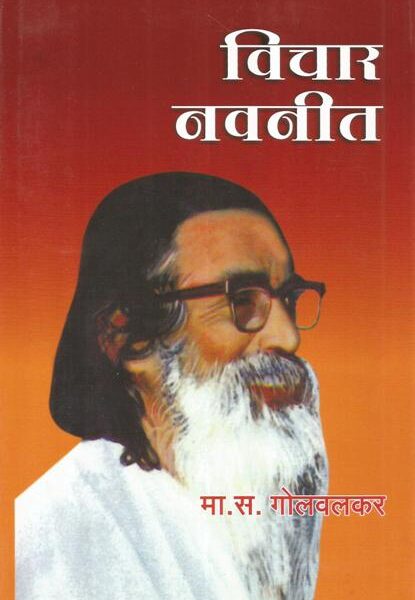

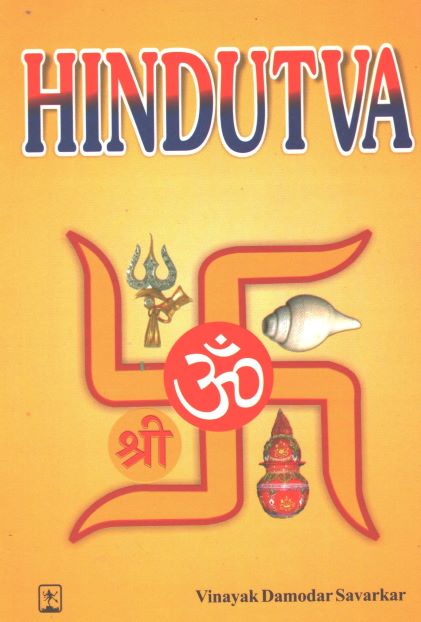

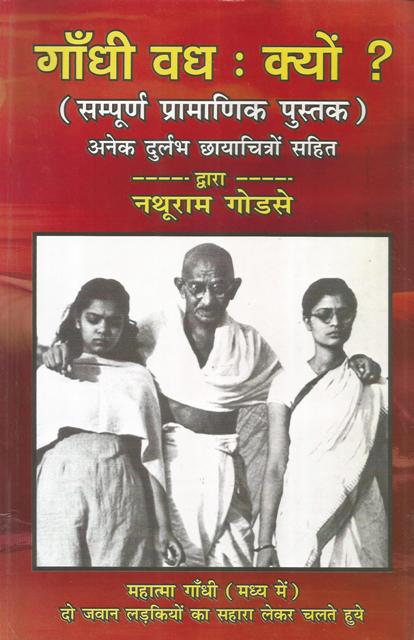
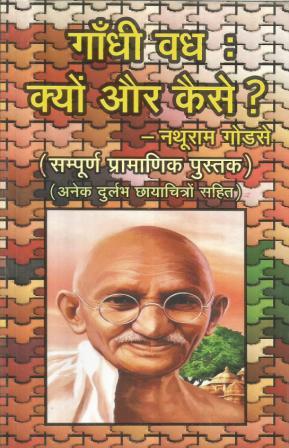
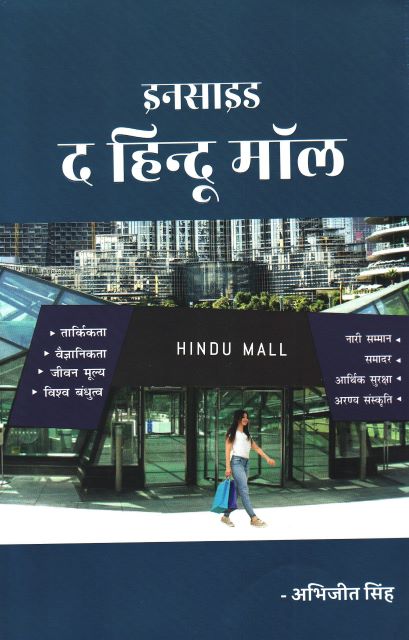
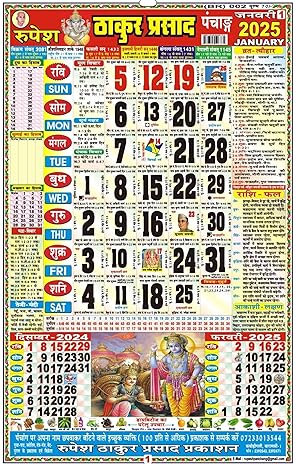
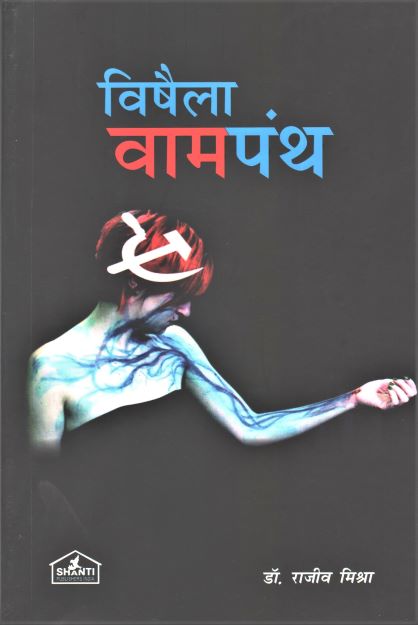
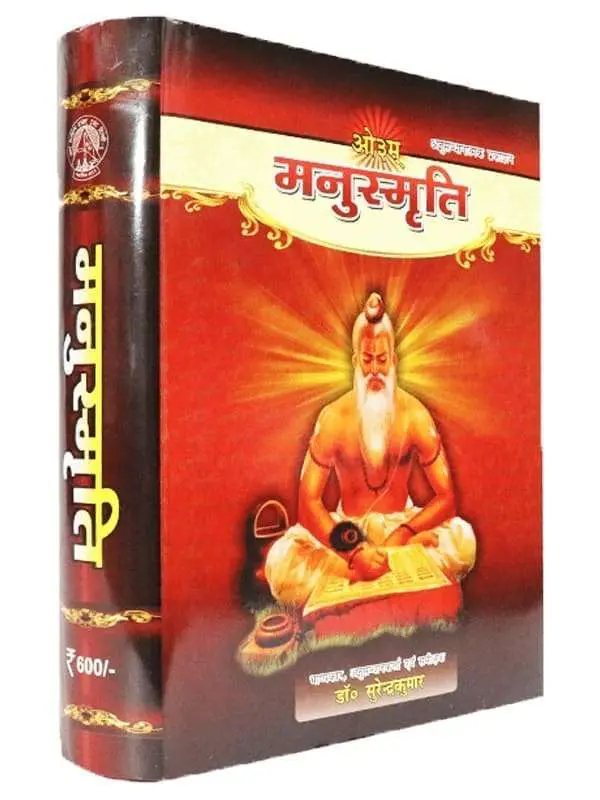
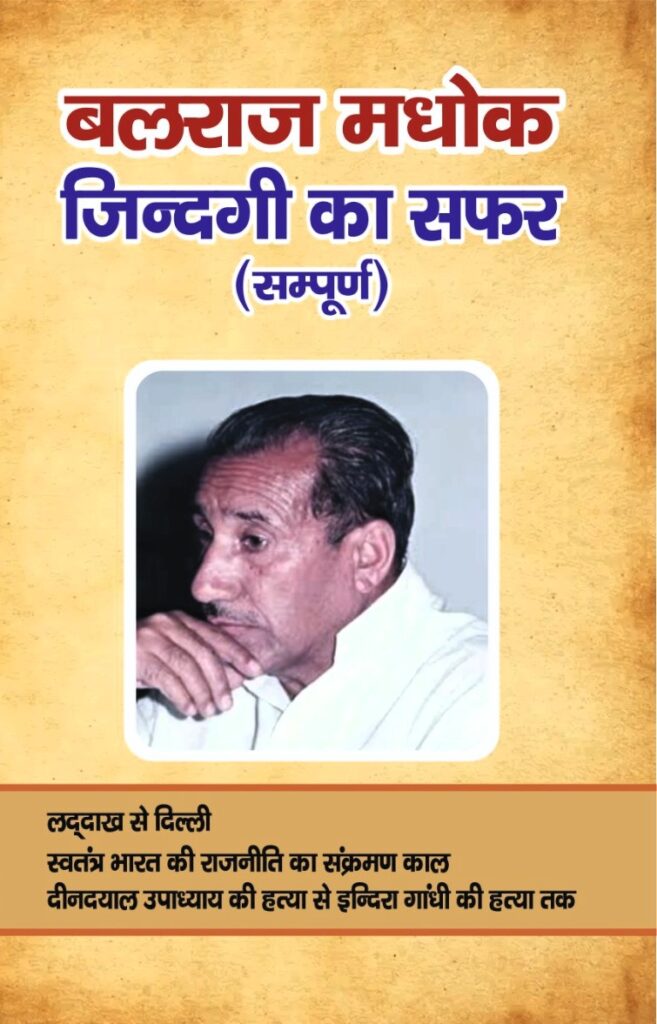
Reviews
Clear filtersThere are no reviews yet.